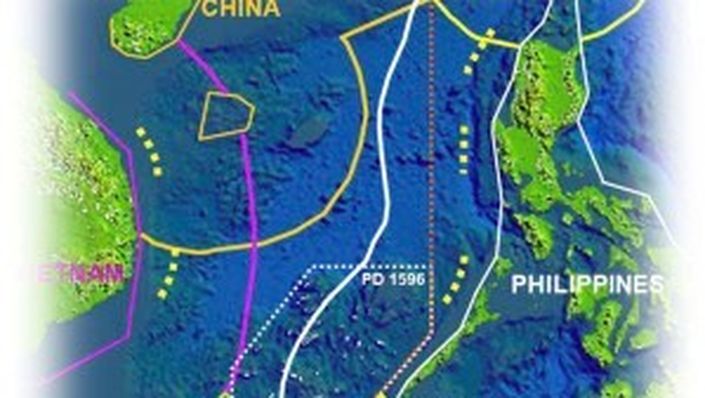
Law and Diplomacy: Conflict in the South China Sea
1.5 substantive credits
Part 1: An Uncertain Future: Applying the Law of the Sea to the South China Sea
Mark P. Nevitt, Commander, JAGC (Ret.) Distinguished Military Prof. of Leadership & Law – United States Naval Academy
In preparation for the U.S. Army War College simulation, Professor Mark P. Nevitt of the U.S. Naval Academy in Annapolis, Maryland will provide an hour-long lecture addressing the law of the sea, with a particular focus on the South China Sea. This includes a discussion of relevant international law as set forth in both customary international law and the United Nations Convention on the Law of the Sea (UNCLOS). In the South China Sea, China has asserted broad maritime claims in the region based on a so-called “Nine-Dash Line” that asserts some degree of sovereignty and control over much of the South China Sea. But China’s capacious claims lack a clear basis in international law as set forth in UNCLOS. Indeed, China’s South China Sea legal claims suffered a noteworthy blow in 2016 when the International Tribunal of the Law of the Sea (ITLOS) ruled against the bulk of China’s claims in Philippines v. China. How neighboring nations respond to China’s maritime claims remains to be seen and will be the subject of the joint Penn Law-Army War College simulation. This lecture will provide an overview of the relevant maritime zones and navigational freedoms, with a particular emphasis on the continual uncertainty governing the South China Sea.
Part 2: Negotiation and Persuasion in U.S.- Asia Diplomacy: A Former Ambassador’s Perspective
Daniel Shields, U.S. Ambassador (Ret.) to Brunei
Formal negotiations make up an important but relatively small part of the diplomacy practiced by the United States in Asia. The Six-Party Talks in the years leading up to 2007 on the North Korean nuclear issue involved the United States, the Democratic People’s Republic of the Korea (DPRK), the Republic of Korea (ROK), China, Russia and Japan. The Talks were an example of a formal diplomatic negotiation to address a critically important security problem. Much more common than such negotiations, however, are less formal diplomatic efforts by governments to persuade each other to support particular positions or to cooperate to solve problems. Examples include U.S. efforts in 1986 to help resolve the political impasse in the Philippines as the Marcos regime collapsed and U.S. work with Brunei in 2013-14 to address international concerns that Brunei’s planned introduction of Sharia Law would violate international principles of human rights and religious freedom. Ambassador (Retired) Daniel Shields, who participated in the three diplomatic efforts that will be examined, will offer a practitioner’s perspective on how diplomats use formal negotiations and less formal persuasive efforts to seek to advance national Interests and values.
Your Instructor

